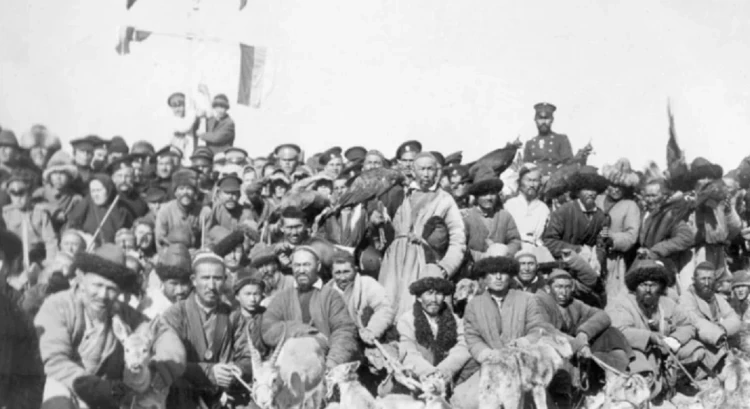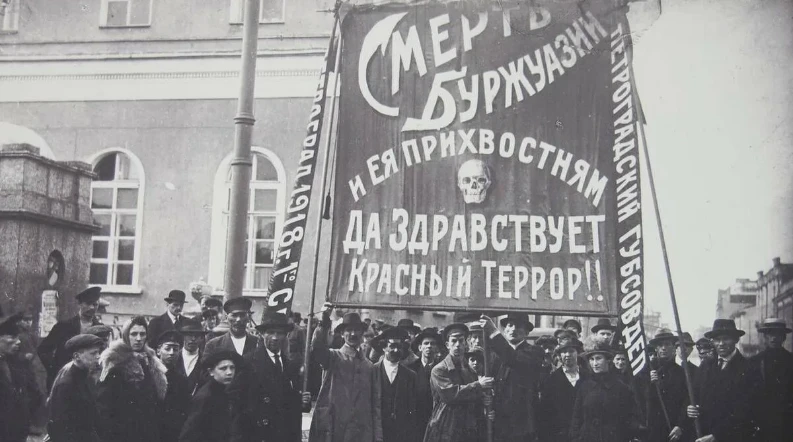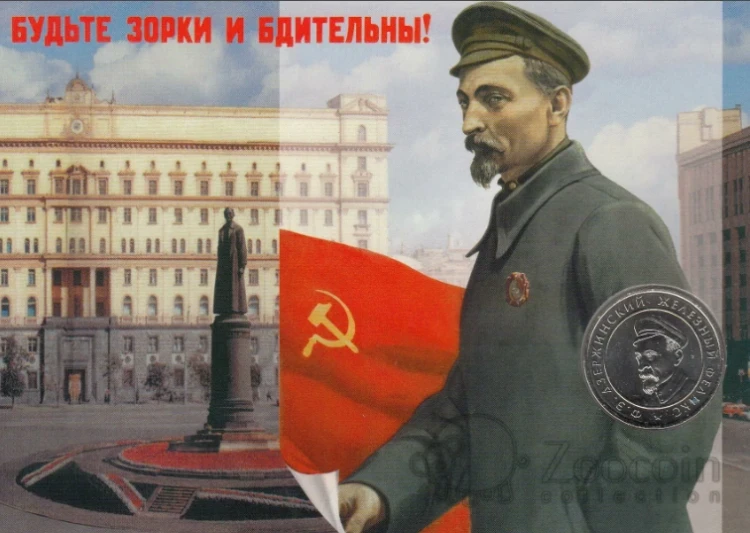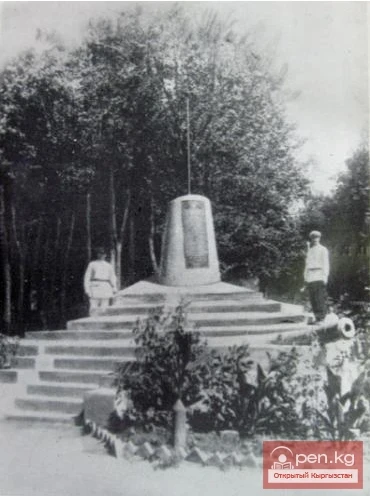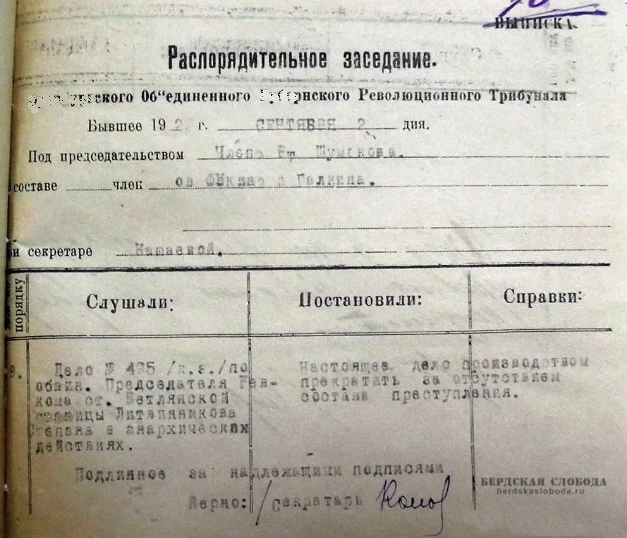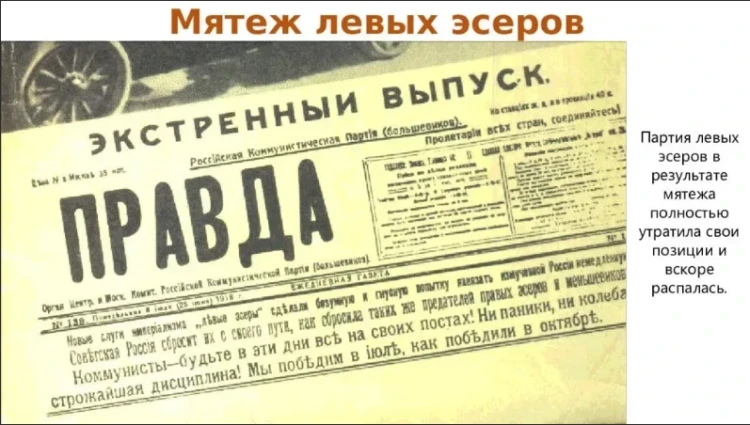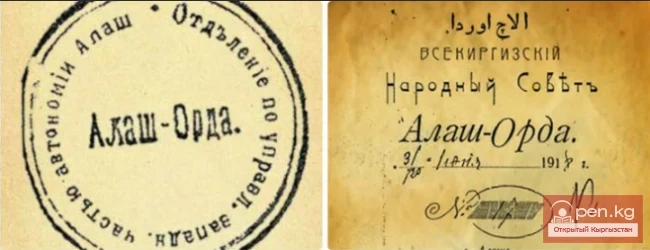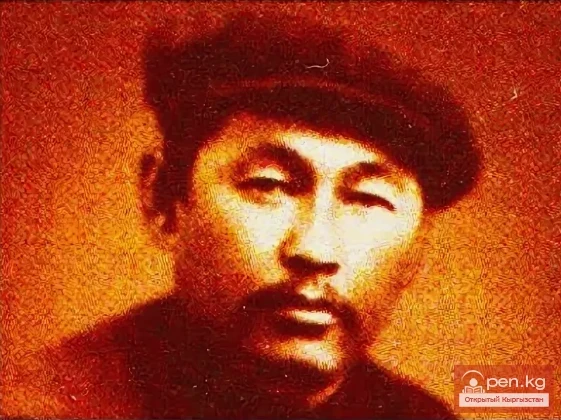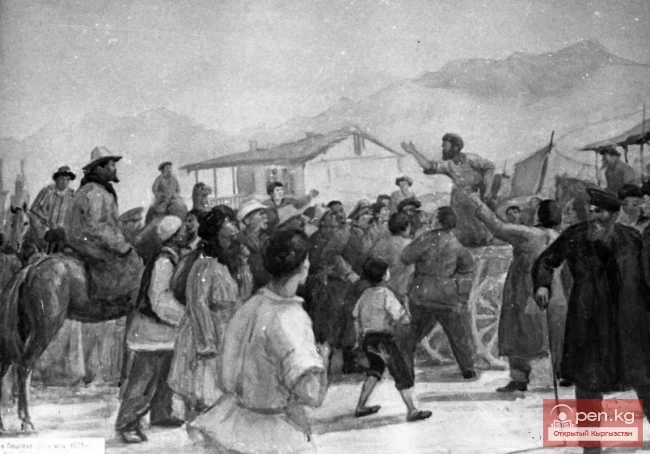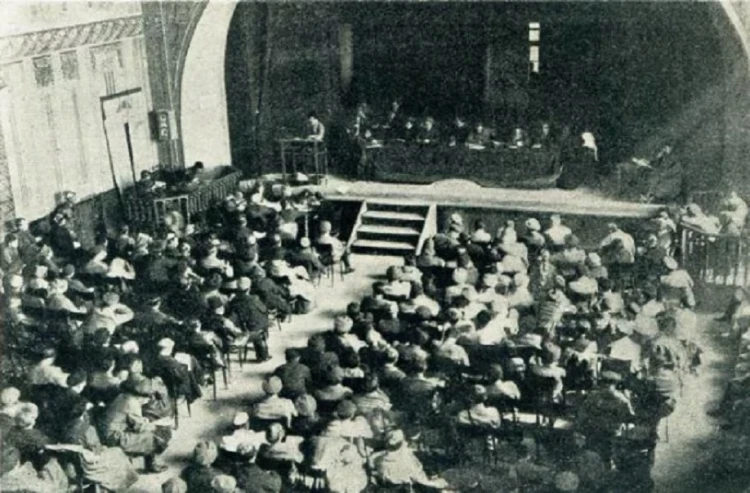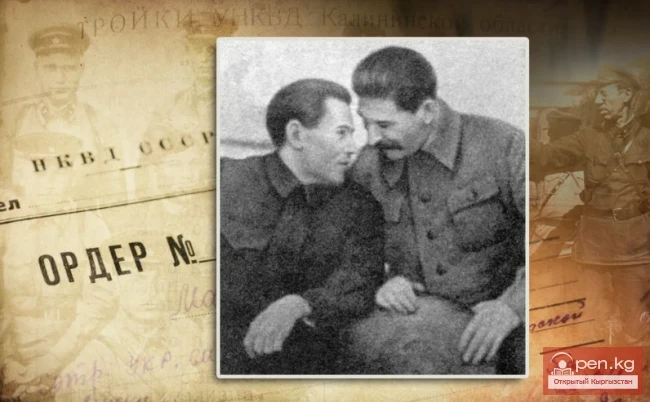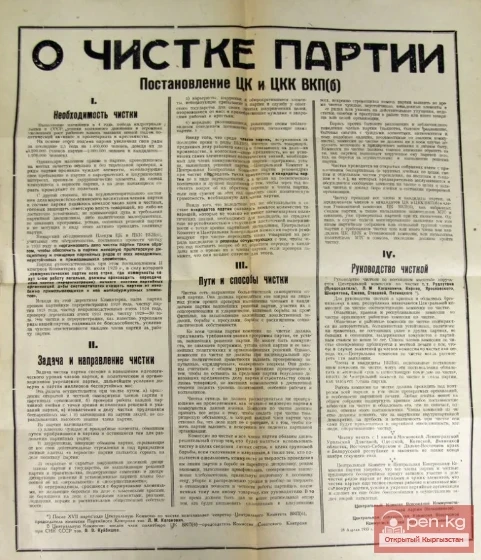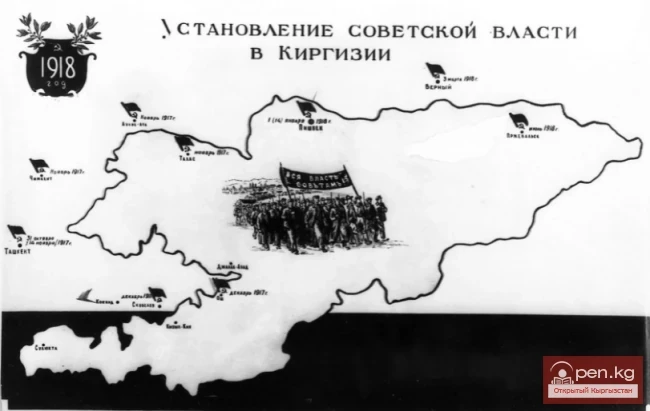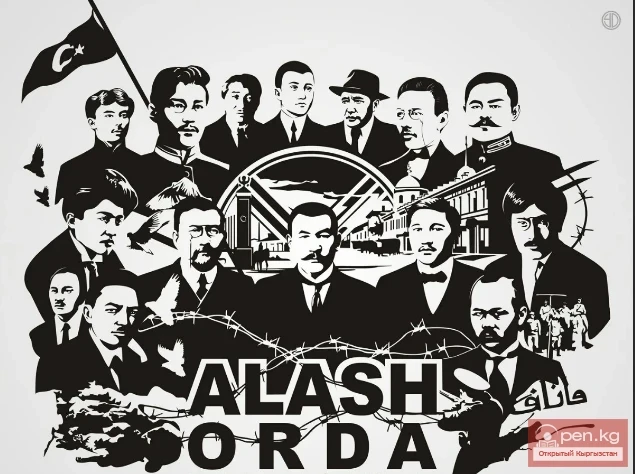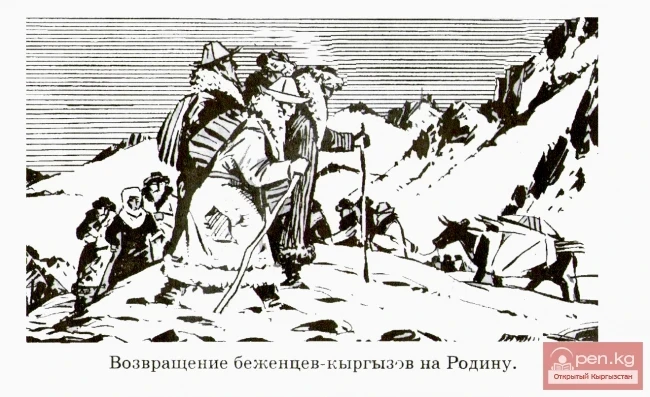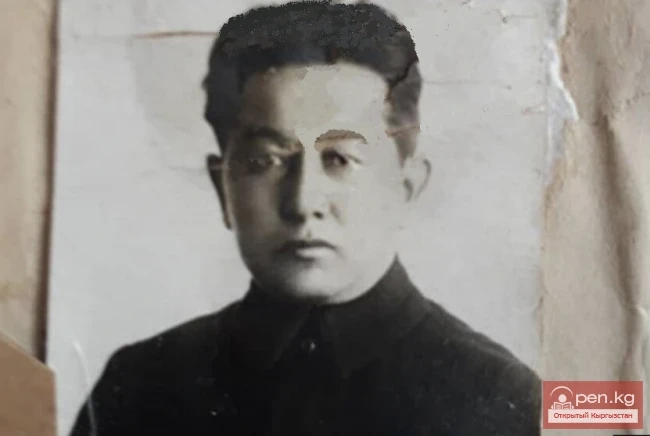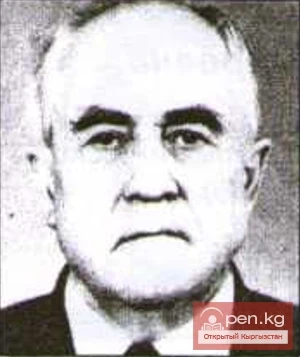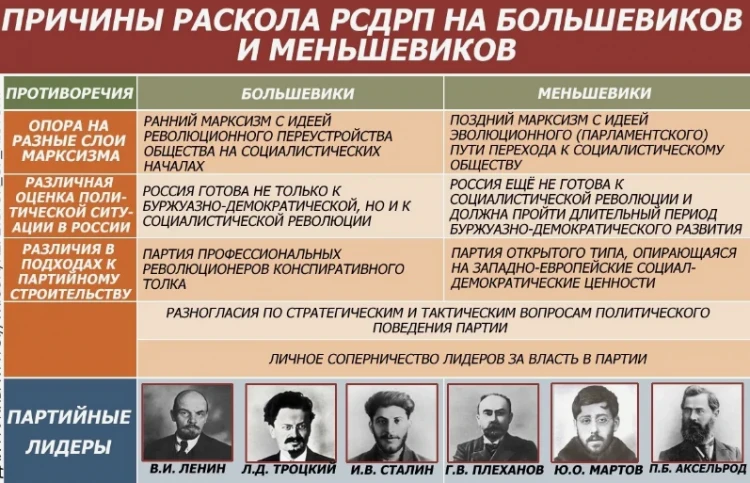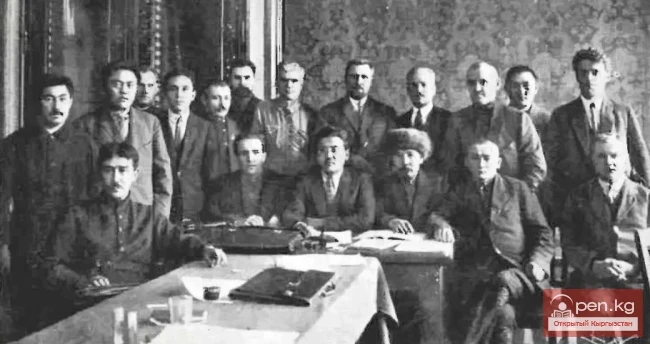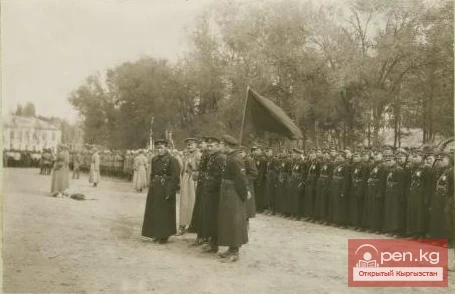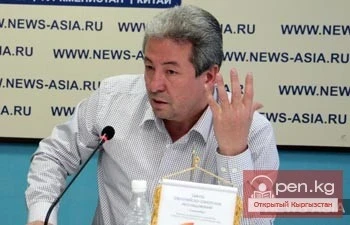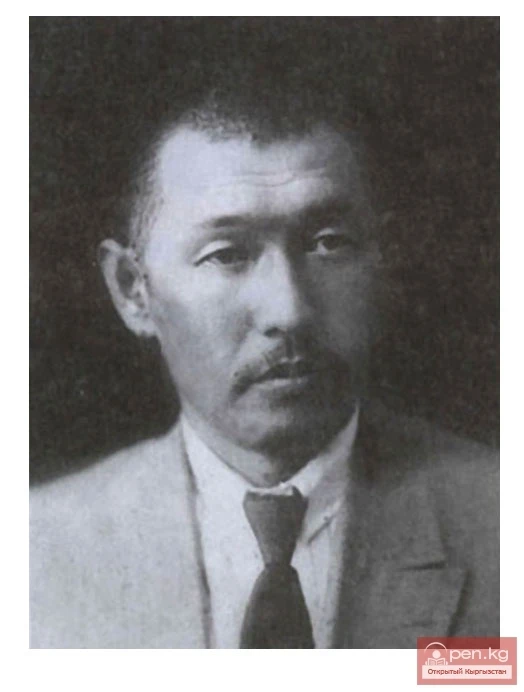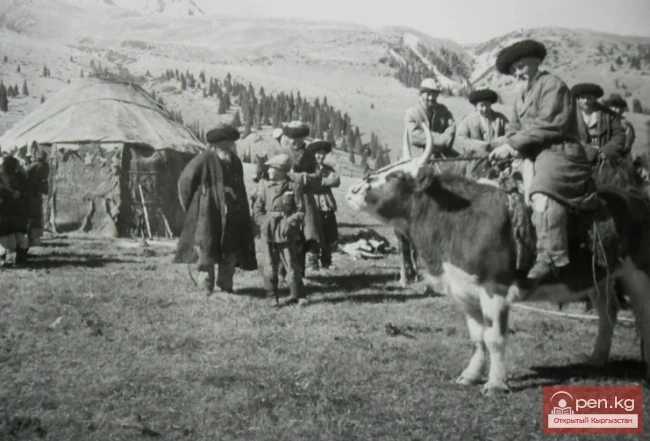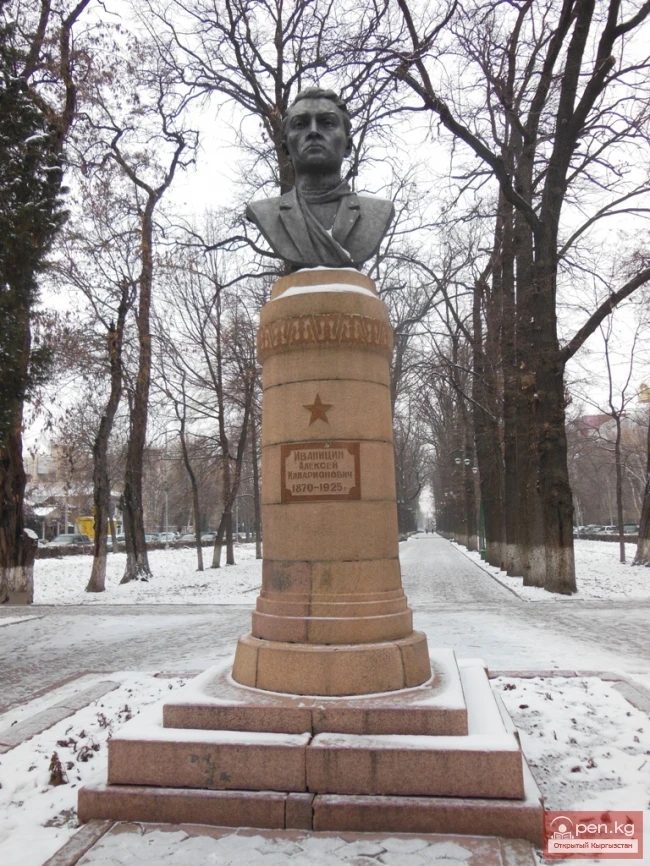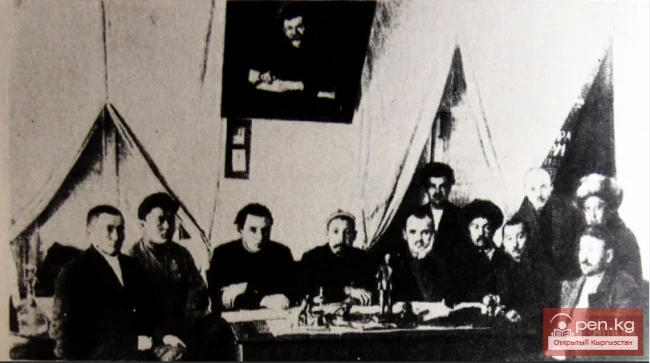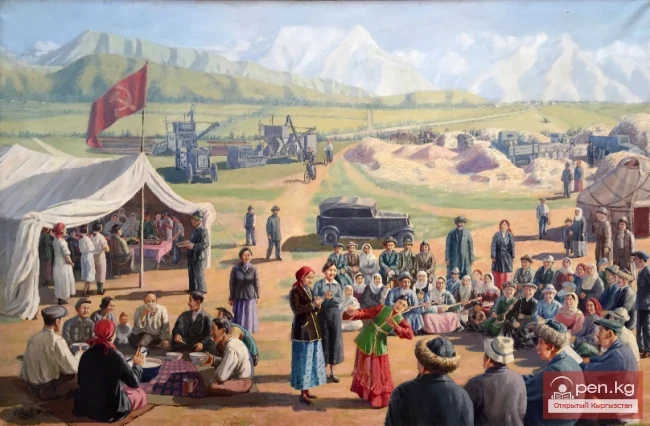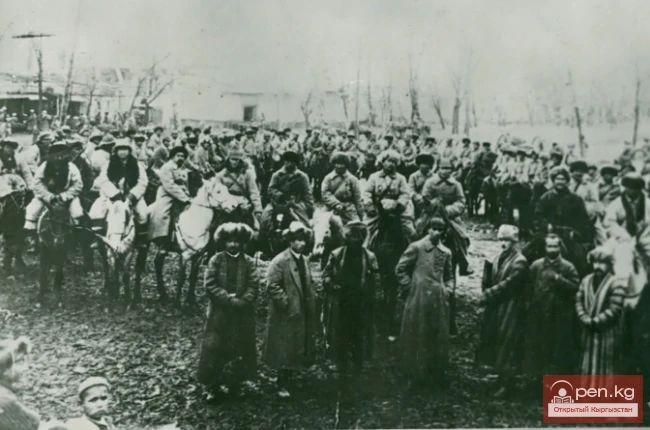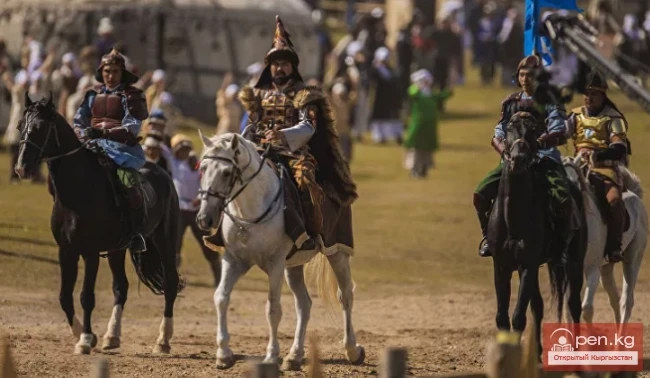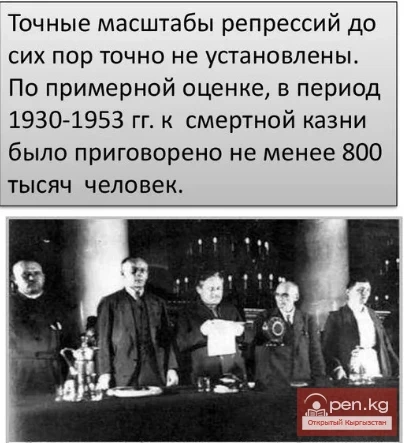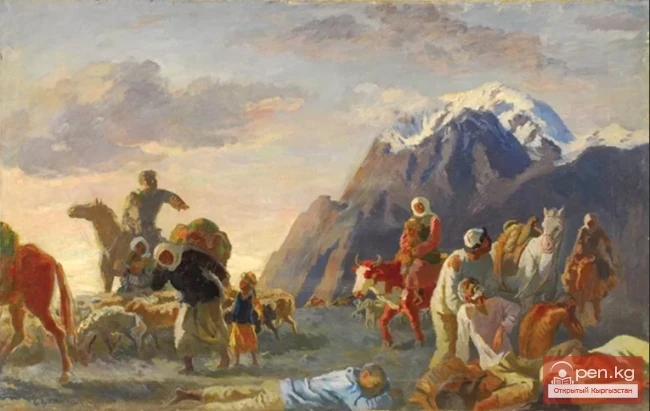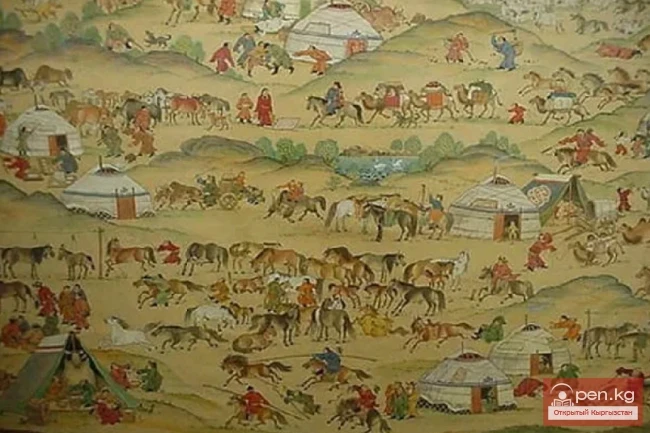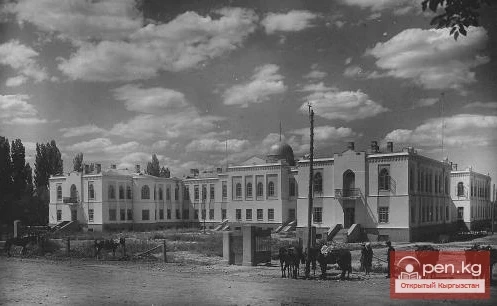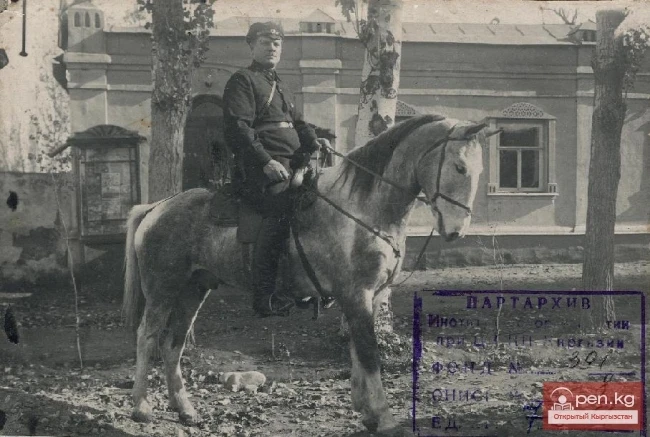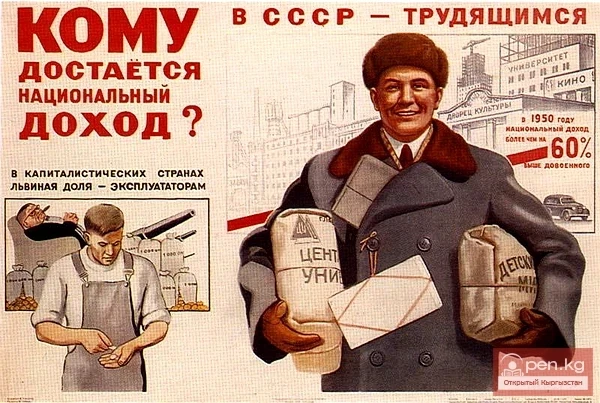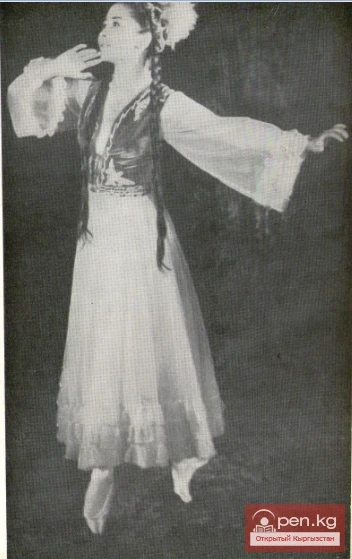One episode from the life of A. Sydykov is associated with his membership in the Left Socialist-Revolutionary Party, which could have turned tragic for him. After the suppression of the uprising in Moscow, the Left Socialist-Revolutionary Party was labeled as counter-revolutionary and pro-Kulak. However, despite the fierce anti-SR propaganda and agitation, the task of liquidating this nearly million-member organization was by no means simple. A new pretext was needed to finally discredit the revolutionary image of this party among the masses. The most appealing idea was that of a new uprising as a link in the Moscow rebellion and a component of the overall Left SR conspiracy in conjunction with the White Guards, Cossacks, and the Entente, aimed at overthrowing Soviet power. If there was no conspiracy, it had to be invented or provoked, as the Bolsheviks never had particular problems with provocateurs. Such thoughts are particularly prompted by the resolution of the revolutionary tribunal at the Pishpek District Council dated October 17, 1918. The emergence of this curious document is directly related to the first attempt at political discrediting of A. Sydykov and the Left SR movement in Turkestan. In the fabricated document, as was revealed upon investigation, one of the leaders of the Kyrgyz Bolsheviks, X. Khasanov, portrayed A. Sydykov as a disguised counter-revolutionary— a Left SR, a spiritual leader, and organizer of the "preparing" Left SR conspiracy, whose threads lead abroad and to Tashkent. To clarify and delve deeper into all the intricacies of this local Bolshevik provocation, we will provide several excerpts from the "Outline of the History of the Communist Party of Kyrgyzstan."
They state: "The Bolshevik organizations and the working people of Kyrgyzstan waged a persistent struggle against the Left SRs and bourgeois nationalists, who attempted to hinder the implementation of socialist transformations and the conduct of Lenin's national policy.
Disguising themselves as a party of peasants, the Left SRs were in reality the ideologists and representatives of the interests of the colonial kulaks, former officials, and other exploitative elements.
Many right SRs and Mensheviks, representatives of the bourgeoisie and manapstvo, who were still connected with the colonizers since the times of tsarism and the Provisional Bourgeois Government, joined the Left SR party. A part of the working people, who fell under the influence of the Left SRs, gradually left these petty-bourgeois demagogues and followed the Bolsheviks as their treacherous policies were exposed. At the demand (this is how the violent dispersal was camouflaged. Z. K.) of the working indigenous population, the bourgeois-nationalist organizations "Alash," "Shuro-Islamiya," and others were banned for counter-revolutionary activities. The interests of the working national masses were represented by the Councils and commissariats for national affairs." The bouquet of accusations included: "instability," "organization of obstruction in the Councils," "refusal to solve the problem of the starving at the expense of kulaks and speculators," "policy of ultimatums," "disruption of urgent decisions, work of the Councils," "slowing down the party-organizational activities of the Bolsheviks," "imposing endless discussions," "refusal to conduct a principled class policy," etc. What was implied by such accusations? This was the disagreement of the Left SRs with the closure of bourgeois newspapers, the prohibition of bourgeois parties, the Brest Peace, the policy of robbing peasants under the guise of grain requisitioning, attempts to withdraw from the coalition Bolshevik-Left SR government, etc.
The White Guard Uprising in the Village of Belovodsk
This list had a local Kyrgyz continuation: "In early December 1918, a White Guard uprising broke out in the village of Belovodsk, which spread to the western part of the Pishpek District and some villages of the neighboring Auliye-Ata District. In the plans of the counter-revolution, this uprising constituted an important link in the chain of anti-Soviet actions in Soviet Turkestan. Its organizers were connected with the underground Turkestan counter-revolutionary center in Tashkent, with the White Guards of Semirechye, with English imperialists, and former tsarist diplomatic representatives in Xinjiang. The uprising was led by Left SRs and Alashordyns, expressing the interests of the bai-manapstvo, kulaks, and various layers of the petty bourgeoisie..."
In reality, everything was somewhat different. After the suppression of the Moscow uprising, the Bolsheviks openly switched to a policy of repression and oppression against the Left SRs, and under the threat of reprisals, they began to force them to merge with the Bolsheviks. The temporary Pishpek District Committee of the RCP posed the question in a semi-ultimatum form that the local Left SRs should "merge" into the Bolshevik structure. 66 members of this party, including A. Sydykov, complied. On November 19, 1918, regarding the remaining "Lefts," the meeting of the temporary district committee of the Bolsheviks adopted a pogrom-like resolution: "Those members of the Left Socialist-Revolutionaries who did not merge with the Communist Bolshevik Party should be recognized not as 'Lefts,' but as opponents thereof and liquidated, proposing that the executive committee declare the said party in Pishpek and the Pishpek District as no longer existing, and to prohibit the assembly." On December 1, 1918, the local party organization of the Left SRs was declared illegal. This was a blatant and crude provocation that pushed the peasants to rebellion, becoming the reason or the beginning of preparations for it. Nevertheless, the official Soviet historiography never acknowledged the guilt of the Bolshevik party organs in the emergence of the uprising, remaining on the position of organizing a large-scale conspiracy.
The rebellion was also provoked by economic policy. In the spring of 1918, the Belovodsk peasants were driven to despair by constant expropriations of grain carried out with the help of Red Army units, one of which was quartered in Belovodsk for these purposes. When spontaneous protests began among the Belovodsk residents, one of their demands was to remove this unit from their area. During this spring's grain requisitioning, under the pretext of providing residents of nearby villages such as Lebedinovka, Novo-Pokrovka, and others with grain for sowing, the Pishpek Soviet requisitioned 12 thousand poods of grain from the Belovodsk peasants.
Thus, the spirit of rebellion was in the air, and the announcement of the Left SRs as illegal became the spark for it.
Merger of the Left SR faction of the Semirechye Regional Congress of Soviets with the Bolsheviks
